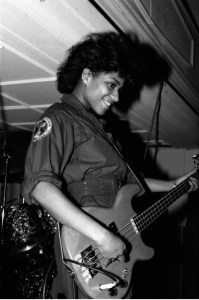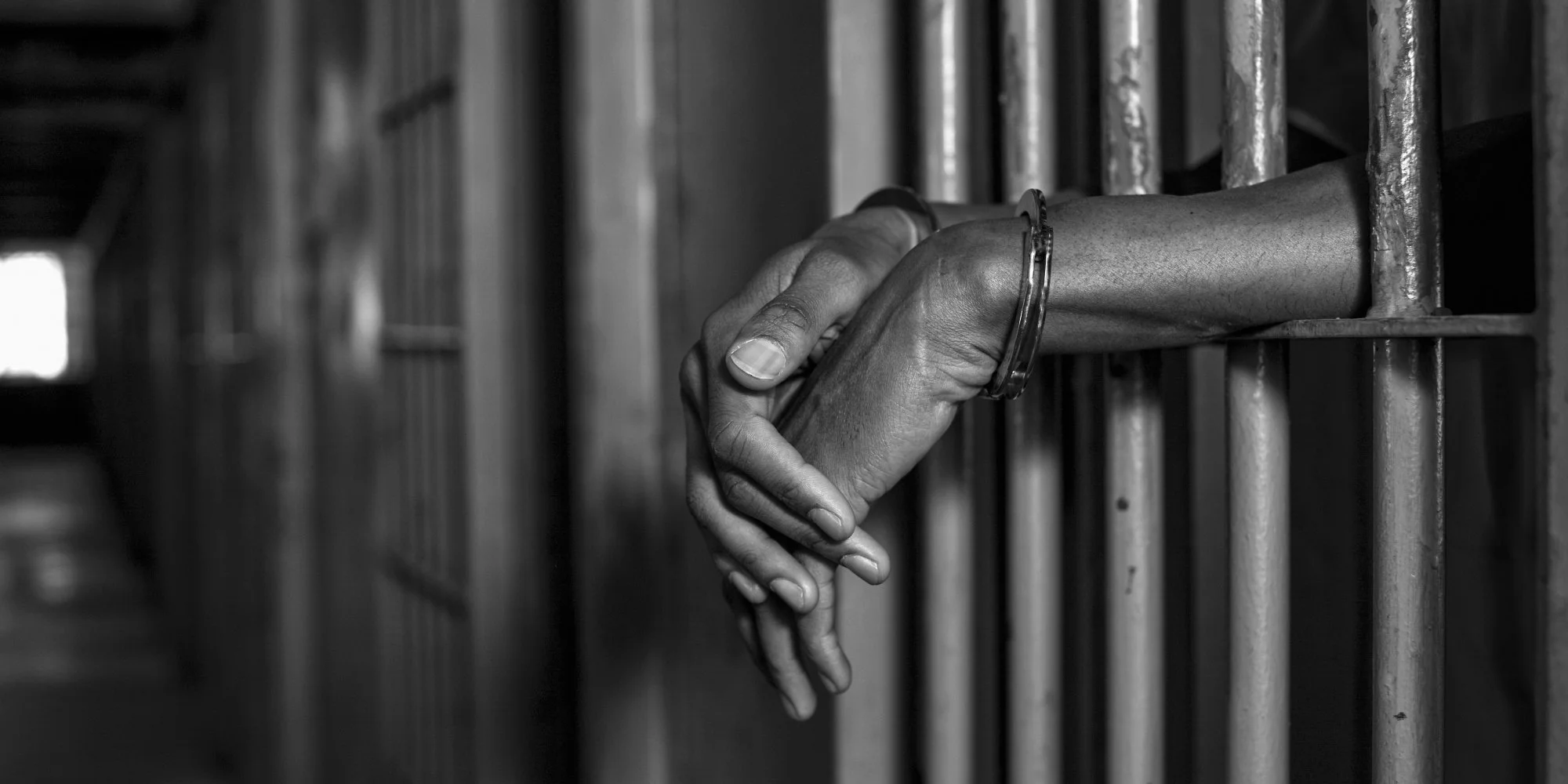SEXUAL ABUSE NO MORE

It’s Time To End Sexual Assault In Punk Scenes
It was 2013 when I was standing outside of my first punk show, chatting it up with a Brown punk, when she introduced me to several other strangers at the event. One thing struck me peculiar about the way she averted me meeting with one particular person. Leaning in so only the two of us could hear, she murmured,“I introduced you to everyone who’s cool except him,” she explained in a low voice. “He’s just…” she paused, her eyes suddenly downcast. “He’s just weird.” Puzzled by her reaction, it would be months before I’d understand what she and other women and gender-nonconforming people meant when they described someone as weird, or even more specifically, creepy.
Creepy, as utilized by folks in the punk scene, is the vivid characterization of sexual abusers. Sexual assault, it turned it, was exceedingly common in underground music spaces — spaces that prided themselves on actively resisting white supremacy, capitalism, policing, and other forms of oppression. Prominent cisgender heterosexual men who hold great social capital, accused and/or guilty of sexual assault are often privileged with social exemption, protected by their status as gods of underground scenes. While cis men who are more socially awkward are less likely to be safeguarded by punk communities, there’s still a lack of accountability placed on said individual to adequately address the harm they’ve caused to women and gender-nonconforming people in the spaces.
In addition to protecting abusers, victims are often dismissed. In 2015, Jake McElfresh of the pop-punk band Neck Deep, was accused of sexual assaulting underage girls. Fans of the group rushed to defend them, making light of a deeply troubling matter. Hannah McCabe discussed the allegations of sexual harassment against the group, remarking, “The main problem with allegations like this coming to light, especially when they’re exposed via the Internet, people will immediately jump to defend the musician they look up to. People continue to support FPS because the girls sent him pictures back and willingly spoke to him. People will defend Neck Deep because the allegations are from two years ago and now that they have a successful new album that just dropped, they’ll think she’s only doing it for attention.”
Black women and women of color who come forward with stories of sexual assault against a cis man who’s beloved in the scene are particularly vulnerable to facing the wrath from other cis men (and patriarchal cis women), whom proceed to protect the abuser in question. One particularly disturbing incident, which occurred a few years ago when a Black woman in the Chicago scene named a charismatic Black male punk for sexually abusing her, ended shamefully. Instead of receiving widespread support, addressing rape culture, and toxic masculinity, members of the punk community shamed and penalized the victim. The scene’s dismissal against sexual violence against Black women is deeply troubling, a complete coalescence of the systematic repression that punk ethic proclaims to be in opposition to.
Punks are still unsure of how to discuss the regular occurrences of sexual assault — we have yet to successfully decolonize our D-I-Y spaces of sexual violence. Our anger, directed at those in institutional positions of authority, often goes unchecked in the formation of our musical spaces, and when the abuser is our friend who plays in a prominent punk band. Keeping our spaces safe for Black women, women of color, and gender-nonconforming people of color is a requirement. We can’t espouse radical rhetoric if our personal politics enable abusers who replicate violence among the most vulnerable people of the community.
As punks, let’s hold each other accountable for ending sexual violence and sexual assault a prerequisite for a more radical, visionary musical community space. To be punk is to accept the responsibility that our own personal politics must resist all forms of entrenched abuse that is eliciting harm.









